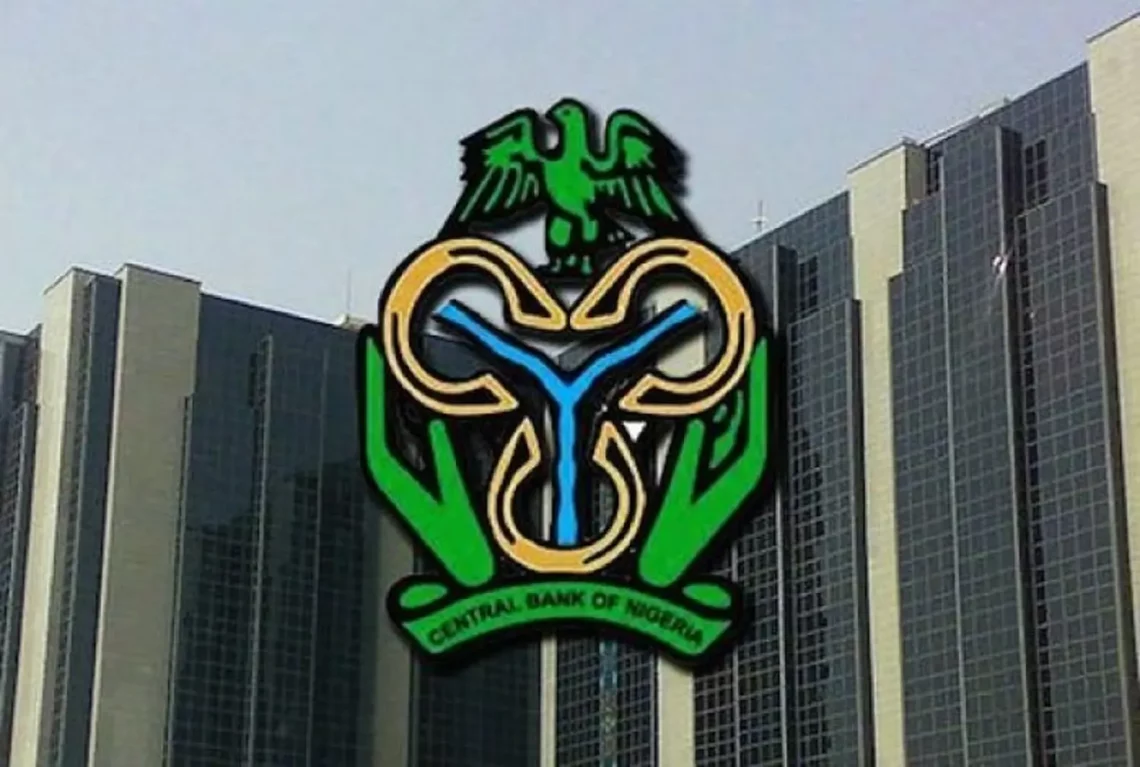The take away from the coronavirus pandemic is that it is not going to be business as usual in terms of navigating the untoward economic damage left in the trail of the deadly virus. Countries must provide creative means of avoiding and cushioning the effects. Managers of our economy should ensure this, especially now that the economy has exited the worst recession in three decades and is on a growth trajectory.
The recession and its exit provide an opportunity for monetary and fiscal sides of government to work in concert to make sure the economy maintains a northward movement such as forecast by the IMF .
But a much better scenario can be achieved if government does the needful, one of which is a full implementation of the N20 trillion budget. Budget implementation is a perennial problem in Nigeria. When budgets are fully implemented, it allows a flow of funds within the system that goes to fuel businesses and consumers as to ginger their propensity to consume with an expansionary effect on the economy.
Although markets are free and may swing in any direction, regulators should ensure that the operating environment is ideal only for upward growth. This is crucial for the capital market, which is a leading indicator. It is established that large decreases in stock prices are reflective of impending recession, whereas large increases in stock prices suggest future economic growth.Regulators must ensure the environment encourages growth.
Another leading indicator, manufacturers PMI, although not in troubled territory at 52 in December, points to a slower growth in factory activity. This should be of some concern as inflation rages on and the naira weakens.
To improve the situation, government is encouraged to key in to suggestions earlier advanced by the International Monetary Fund (IMF) at one of its spring meetings in Washington DC: Grow the non-oil, non agric sector; pursue coherent policy actions and a growth-friendly fiscal adjustment to reduce the ratio of interest payments to revenue, to a more sustainable level and prioritise social and infrastructure spending. Others are sound cash and debt management and improved transparency in the oil sector.
Beyond the above, government is advised to increase monitoring of the fiscal position of state and local governments and substantially scale-up social safety nets; initiate structural reforms that will lay the foundation for a diversified private sector-led economy;build on recent improvements in the business environment; implement the power sector recovery plan and invest in infrastructure.
That said, we believe in the ability of government to turn around the fortunes of our economy, which was at a time seen by Goldman Sachs as one of the leading emerging economies. All it takes is a strong will.





